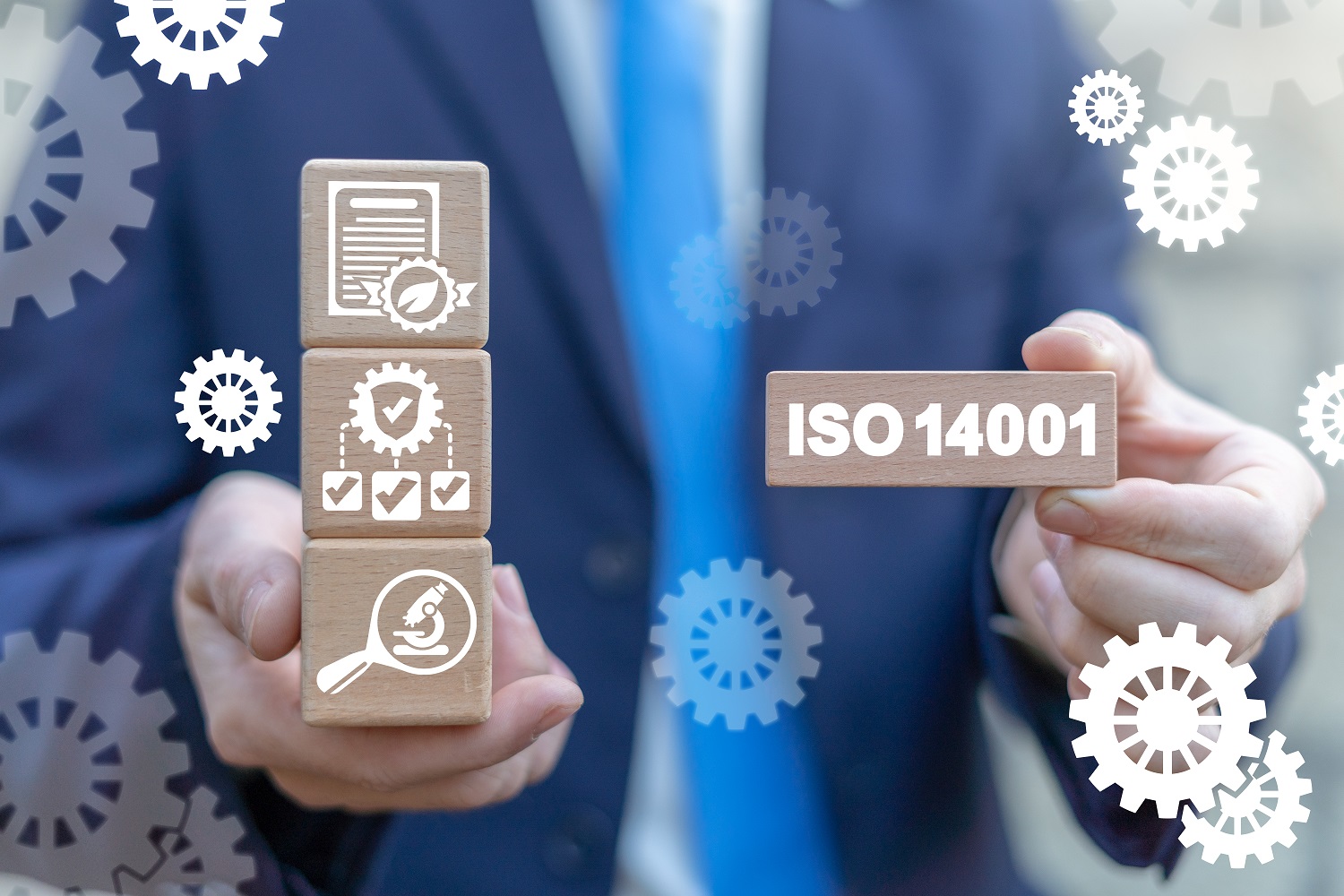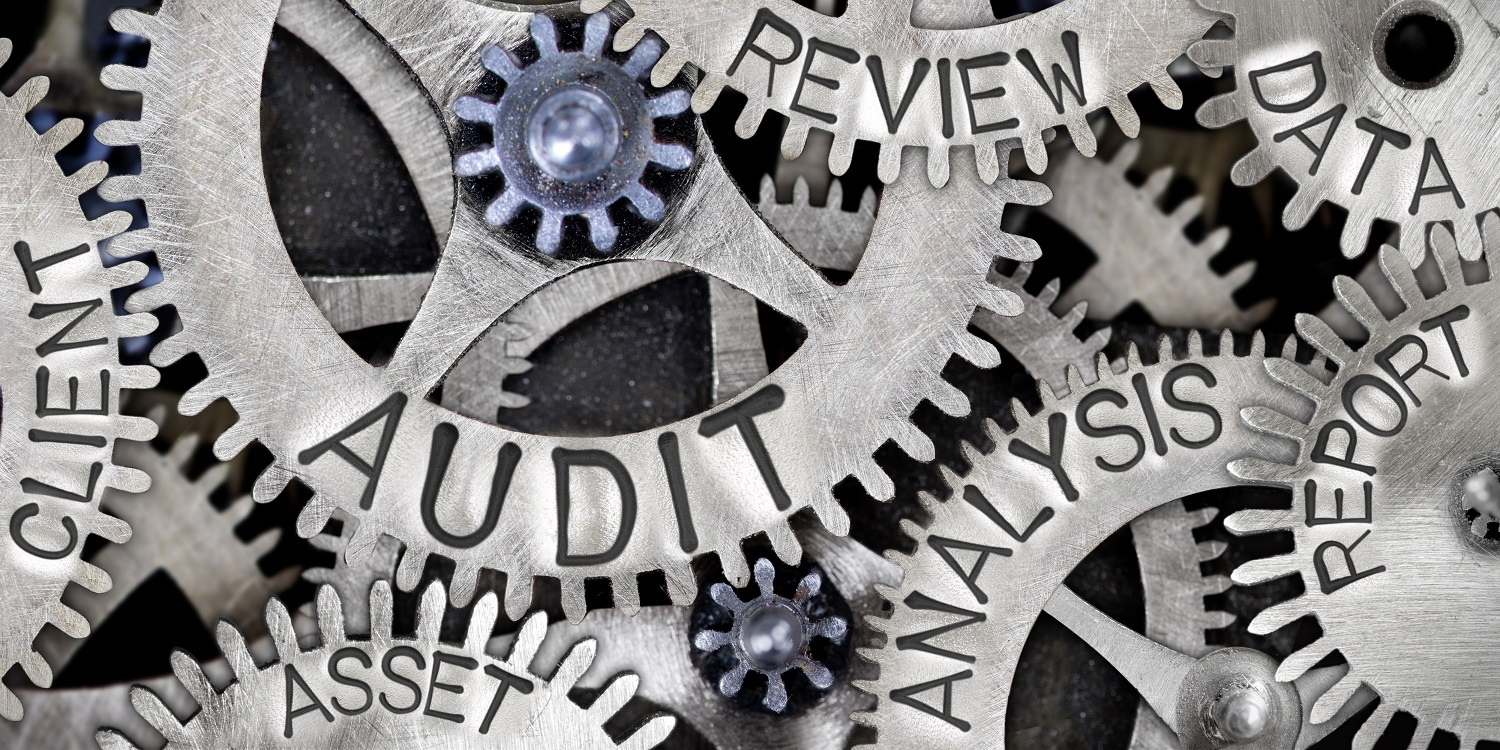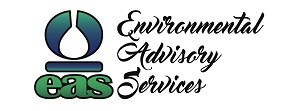Services
Our Services
Certificate of Environmental Clearance (CEC)
The Certificate of Environmental Clearance (CEC) is a permit certifying the environmental acceptability of a proposed activity or project, provided that all of the permit conditions are met and mitigation measures implemented. The governing legislation is the Certificate of Environmental Clearance Rules, 2001.
The CEC application requires the assessment of potential impacts to the receiving environment and surrounding community, as applicable, which may arise out of the proposed activity, project or significant modification. Activities which require a CEC are outlined in the CEC (Designated Activities) Order. Once an application is submitted and the potential significant impacts can be mitigated or reduced to an acceptable level, the permit is issued.
For more information and details on how we can help you obtain your CEC please get in touch using the Contact Us form.


WASTE GENERATOR & HANDLING PERMITS
The Waste Management Rules, 2021 (WMR, 2021) will come into effect on 31st May 2022. The legislation sets out a permitting system for waste generators and handlers, as well as identifies persons and activities exempted from the Rules. The legislation relates to the generation, processing, treatment, packaging, storage, transportation, collection, disposal, recovery, recycling or other activities related to the management of waste, other than radioactive waste. Any waste defined as non-hazardous or hazardous waste will be regulated by these Rules. Gaseous emissions and wastewater from Wastewater Treatment facilities will not be regulated under these Rules. Any person who produces waste or intends to produce waste, at or above the annual regulated quantities or hazardous waste at any quantity required a Waste Generation Permit.
Any person who accepts waste or intends to accept waste from other persons for treatment, recovery or disposal requires a Waste Handling Permit. Existing Generators have sixty (60) working days and existing Handlers have ninety (90) working days from 31st May 2022 to apply for Waste Generation and/or Handling Permits respectively.
For those who intend to generate or handle waste after the Rules have commenced, you have forty (40) working days and sixty (60) working days to apply for a Waste Generator and/or Handling Permits respectively. The applications for proposed activities/facilities must be made prior to commencement of the operations of the facility.
For assistance with obtaining your waste permits please contact us.
SOURCE REGISTRATION APPLICATIONS & PERMITS (AIR)
The owner or operator of a facility from which an air pollutant is known or proposed to be emitted shall submit an application to register with the Environmental Management Authority (EMA). An air pollutant is any substance released into the atmosphere above a specific quantity, concentration or level, or which otherwise has an impact on the atmosphere or climate. Any emission arising from an activity identified in Schedule 3 of the Air Pollution Rules, 2014 (APR, 2014) is also considered an air pollutant. The Source Emitter Registration (SER) process establishes an inventory of the types, quantities and locations of pollutants and their sources throughout the country.
An Air Pollution Permit is a legally binding agreement between an operator and the EMA which allows a registered emitter facility to emit specified pollutants into the environment under certain conditions, with the intention of attaining compliance with the Rules within a specified period of time. Anyone who emits air pollutants above the limits set out in the First and Second Schedules of the Air Pollution Rules, 2014 will be notified by the EMA in writing to apply for a permit. Upon receipt of Notice, the operator has thirty (30) working days to complete and submit the application.
For help with your Air Source Emitter Registration or Permit applications please do not hesitate to contact us.


WATER POLLUTION PERMIT
All facilities with a point-source discharge are required to apply for a permit under the Water Pollution Rules, 2019. The purpose of the permit it to control and reduce the volume and concentration of effluent to meet the regulatory permissible levels. If you have any questions on obtaining your permit please get in touch with us.
NOISE VARIATION PERMITS
A Noise Variation permit allows a deviation from the prescribed standards of the Noise Pollution Control Rules, 2001 (NPCR, 2001) and also limits the level of sound that can be emitted. If anyone intends to exceed the standards set by the NPCR 2001 they must first apply for and obtain a Noise Variation. During the peak of the national COVID-19 restrictions the Noise Variation Application process was suspended (events only).
However, as of April 2022, the Environmental Management Authority advised of the recommencement of the Noise Variation Process as part of the NPCR. Variation applications can now be made online with the option of dropping off hardcopy applications at their public offices in Port of Spain, San Fernando and Tobago.
Key takeaways from recent legislative updates are:
- For Industrial areas at any time the sound pressure level shall not exceed the following:
- Equivalent continuous sound pressure level of 75dBA.
- Instantaneous unweighted peak sound pressure level of 130 dB (peak).
For General Areas there are daytime (Monday to Sunday from 8:00am to 8:00pm daily) and night-time limits (Monday to Sunday from 8:00pm to 8:00am daily) which apply:
- Equivalent continuous sound pressure level shall not be more than 5dBA (daytime) and 3dBA (nighttime) above the background sound pressure level
- Instantaneous unweighted peak sound pressure level shall not exceed 120dB (peak) for daytime hours and 115dB (peak) for nighttime hours.
- No person shall emit or cause to be emitted any equivalent sound pressure level of more than 80dBA (daytime) and 65dbA (nighttime).
For Environmentally Sensitive Areas
- Equivalent continuous sound pressure level shall not be more than 3dBA above the background sound pressure level
- Instantaneous unweighted peak sound pressure level shall not exceed 120dB (peak) during daytime hours and 115dB (peak) during nighttime hours. n
- No person shall emit or cause to be emitted any equivalent sound pressure level of more than 60 dBA.
All applicants should operate within the prescribed limits and exercise responsible operations with an appreciation of the lasting damaging effects of noise pollution. Contact us for any assistance in obtaining your Noise Variation permits.


OTHER REGULATORY PERMITS AND APPROVALS
We can assist with applications for a variety of other permits and approvals as required to support your projects and other activities e.g. Town and Country Planning Division approvals, Drogher’s certificates, Fire Services Certificates, Fisheries approvals, Forestry approvals, OSHA Factory Inspectorate inspections/approvals, Ministry of Energy and Energy Industries inspections/approvals, Maritime Services Notifications, Commissioner of State Lands approvals amongst others. We are happy to set up a consultation with you to understand your project/activity scope, your permitting needs and provide a bespoke service package.
DESIGN AND IMPLEMENTATION OF ENVIRONMENTAL MANAGEMENT SYSTEMS (EMS)
We develop systems for our clients; fully functional and easily adopted systems to meet your changing environmental and sustainability needs. Specific assistance can include conducting initial environmental reviews to identify environmental risks, updating your legal register, conducting EMS gap analysis with recommendations, conducting internal audits, collecting monitoring and measurement data, assistance with preparation for management review meetings, provision of environmental management system training etc.


ENVIRONMENTAL AUDITING
Our certified Environmental Auditors can assist with the following types of audits:
– Internal Audits against Company Standards.
– Waste facility design/operation audits against international standards.
– ISO14001 internal audits. We can review your existing systems prior to external ISO14001 audits to help you prepare for ISO14001 certification
– EMS gap analysis and environmental performance reviews. We can also help you develop your EMS documentation
– Compliance audits. We can review your organization’s compliance against legal and other requirements and help you develop your Compliance Manuals and other documentation.
– Third party audits. We can complete due diligence audits on your service providers, contractors and suppliers.
